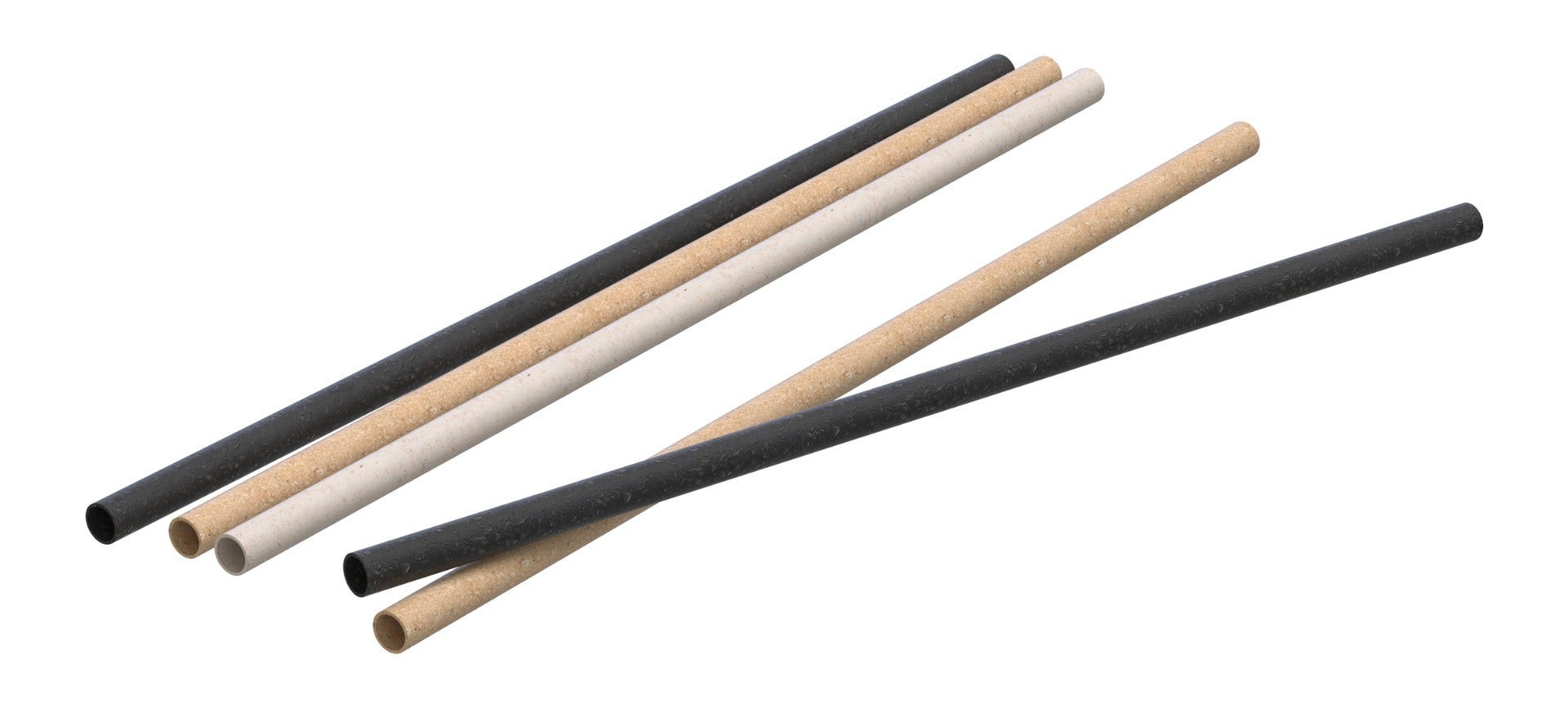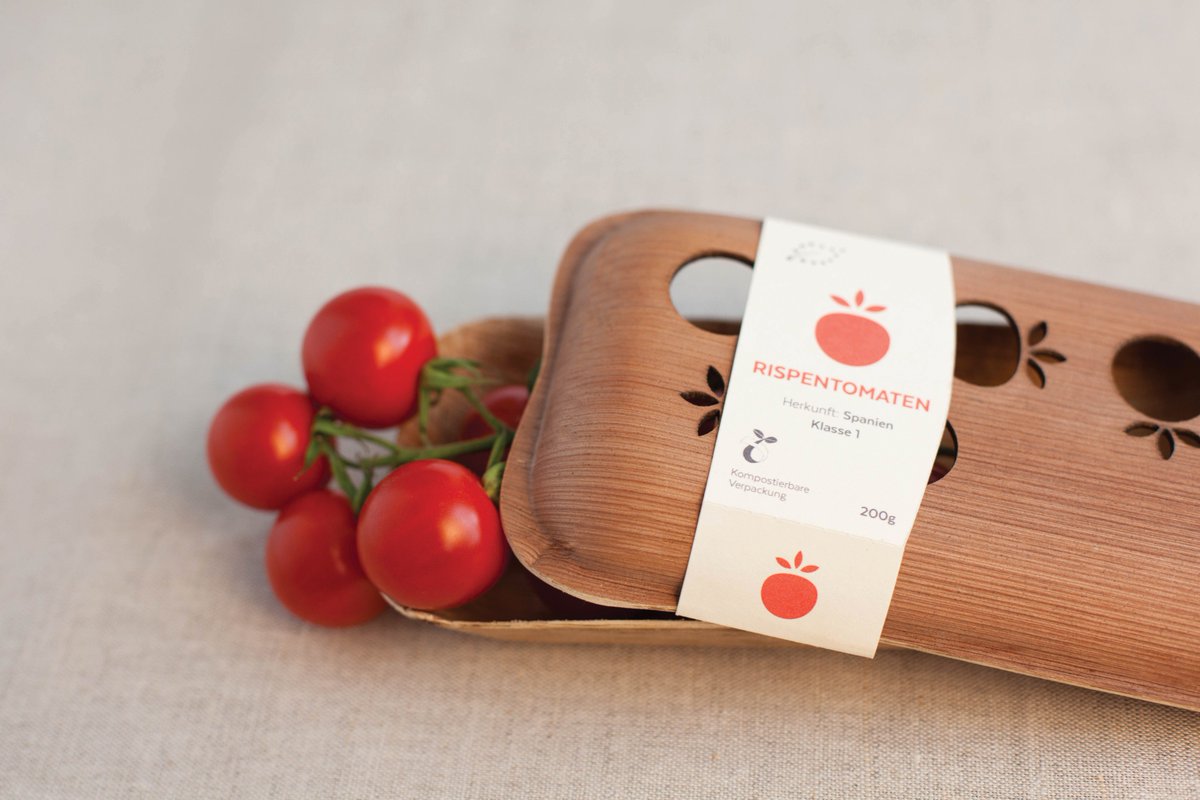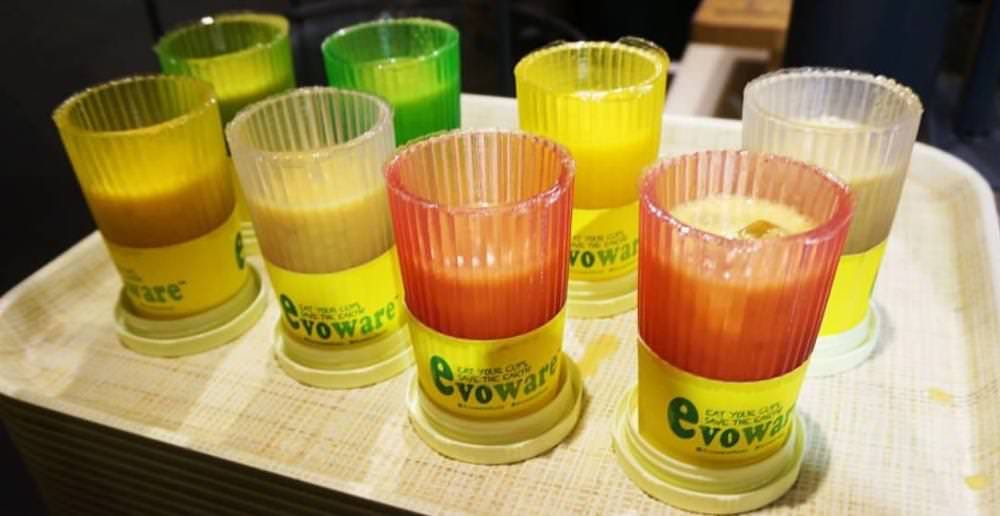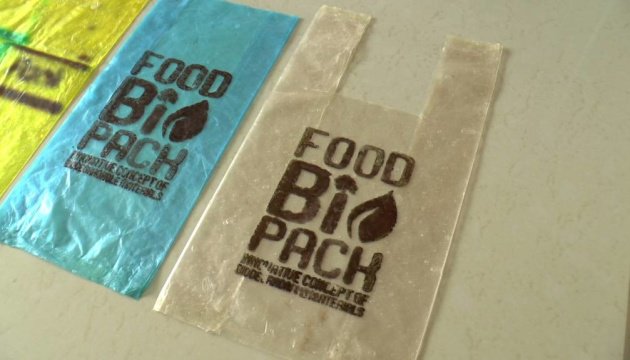It seems as though every other day theres a new headline warning us about the build up of plastic waste and the threat it is having on our environment and health. National Geographic reported that 91% of plastic isn’t recycled and an article in The New Food Economy stated that “compostable packaging” could actually be doing more harm than good.
By now, most of the planet is aware of the shocking build-up of waste polluting our surroundings and much of this comes from the food industry. From plastic bags to cutlery and single-use delivery packaging, the food industry is in dire need of alternative solutions to traditional packaging.
As consumers become more aware of the increasing waste problem, companies are starting to take action and provide sustainable solutions to reduce waste. This growing momentum has created new opportunities for sustainable packaging innovation across the foodtech space.
Burger King recently announced it was going green through a new partnership with circular packaging service startup Loop to pilot compostable packaging for its menu. Customers in select BK restaurants in New York, Portland and Tokyo will now be able to choose a zero-waste option for their food orders, with more cities planning to join the program in the near future. This news comes after fast food competitor McDonald’s said they will test Loop’s reusable cup model for their hot beverages from next year. These plans demonstrate the enormous pressure fast food chains are now under to revolutionize their wasteful ways.
What about in the startup space? Here are 5 small companies leading the way for sustainable change through better-for-the-environment packaging:
1. Feltwood: from food waste to sustainable packaging

Challenge: reducing plastic waste across the board
Based in Spain, this startup has created technology that can produce packaging materials from farming and vegetable waste that is not suitable for human consumption.
Feltwood technology are 100% vegetable fibres, without plastics and free of toxic components and adhesives or binders of any kind – without the need for new crops and with low carbon footprint processes. Agriculture processes generate a large amount of waste which is not suitable for food application. Through vegetable and other fresh food remains, Feltwood can produce an ecological industrial material.
What are they used for? Given its versatility, the materials are generally used as fruit and vegetable trays in retail and across the foodservice industry as well as thermal insulation. The startup fits perfectly into the foodtech industry and alligns with a growing need for plastic waste reduction.
2. Sulapac: passing the “mojito test” with degradable straws

Challenge: developing an alternative to one of the worlds most wasted plastic items
Founded in 2016, this Finnish startup crafts fully biodegradable packaging materials from wood that can be molded, shaped and mass-produced just like plastic. It also offers microplastic-free marine degradable straws. On a mission to make the plastic straw extinct, the compostable straws first went into development after passing the “mojito test”.
The founders of this sustainable startup went through 100´s of tests in order to create a material that can fulfil many of the different requirements needed by plastic-free cutlery – can it compost as fast as food waste, be food safe and be able to be mass produced? Yes, yes and yes!! And it seems as though straws are only the beginning – the team now plan on tackling other food packaging after they have now successfully accomplished their mission to make it possible to mass produce one of the worlds most wasted plastic items. Watch this space..
With plastic straws creating tonnes of harmful waste a year there is a huge demand for alternatives that fit a sustainability and eco-friendly criteria. Designed to mimic nature, Sulapac’s offerings are based on their patent pending material innovation. The main components are renewable materials such as wood and plant-based binders and the straw is designed to be fully biodegradable in different environments.
Sulapacs straws basically mimic the properties of plastics: their wood fibre-based material means they never go soggy and are much more useful than their paper counterparts.
3. Arekapac: ecological packaging from palm leaves
 Challenge: solving one of the worlds biggest problems – food wrapped in plastic
Challenge: solving one of the worlds biggest problems – food wrapped in plastic
This Berlin-based startup has created a sustainable packaging design from the areca palm leaf that it claims helps reduce water and energy consumption for production without added chemical substances. This startup is all natural.
The all female-founded startup was developed with the idea of stopping plastic waste and offering an environmentally friendly alternative. After discovering the sustainable use of the areca palm leaves, which are grown in plantations across Asia and Africa, they realised it ticked all the boxes: it could be easily thrown away into the compost after shopping or it could be re-used to prevent further waste.
The team collect the leaves on site as the trees are being processed to avoid them rotting away. They then soak and soften their haul and use heat application to press them in the appropriate form for their materials. The startup offers a line of crockery including bowls, lids and dishes.
Not only are their materials compostable and chemical-free but their factories require very little water and energy consumption.
4. Evoware: waging a war on plastic with jelly-based seaweed cups

Challenge: cleaning up Indonesias plastic-littered rivers and beaches
Indonesia-based startup Evoware makes cups and other food containers from farmed seaweed which is free of chemicals and helps to reduce environmental contamination. Indonesia has some of the world’s most contaminated rivers and littered beaches in the world, and was once rated the second-biggest plastic marine polluter behind China.
While seaweed-based plastic is yet to be adopted by larger corporations, a number of sustainability-minded startups in the region have begun leveraging the versatile algae to replace conventional single-use products and packaging. The idea behind Evoware came from co-founder David Christian´s desire to fight an increase in plastic waste in his home town of Jakarta; Indonesias capital with a population of over 1o million people and growing. The startup first developed seaweed-based jelly cups and continues to innovate with other product lines, including dissolvable sachets for coffee or seasonings and edible food wrapping.
The only issue they face is the price difference between their sustainable offerings and that of their plastic-based counterparts which are still cheaper and more accessible.
5. FoodBIOpack: packaging that you can eat

Challenge: developing an alternative to biodiversity´s biggest enemy – plastic bags
Ukrainian FoodBIOPack offers the perfect “plant package” to conventional food packaging which can decompose within a month. And guess what? You can eat it too! The bag is completely dissolvable and wouldnt cause any bodily harm.
Despite being launched within a short period of time, Sumy-based scientist and co-founder Dmytro Bidiuk of FoodBIOpack found victory when he won the International Startup World Cup competition for inventing edible packaging that degrades within a month at the landfill. The package is made of a special mixture including polysaccharides, substances derived from vegetables and fruits, its strong, transparent and doesnt contain any plastic.
The pack looks like a plastic bag: with the exact same texture and transparency. However, unlike polyethylene which can take up to 15 years to decompose, this biopack only takes up to 10 to 30 days. Although it looks fragile, they dont tear or dissolve in water and are capable to withstand heavy loads. Plus, its non-toxic and poses no risk at all to the environment.
The packages are completely safe for humans – they are heat and cold resistant so they can be kept in the refrigerator or warmed up in the microwave or oven – and safe for the environment – they can be recycled into other containers, used for the production of organic fertilizers and used as animal feed.